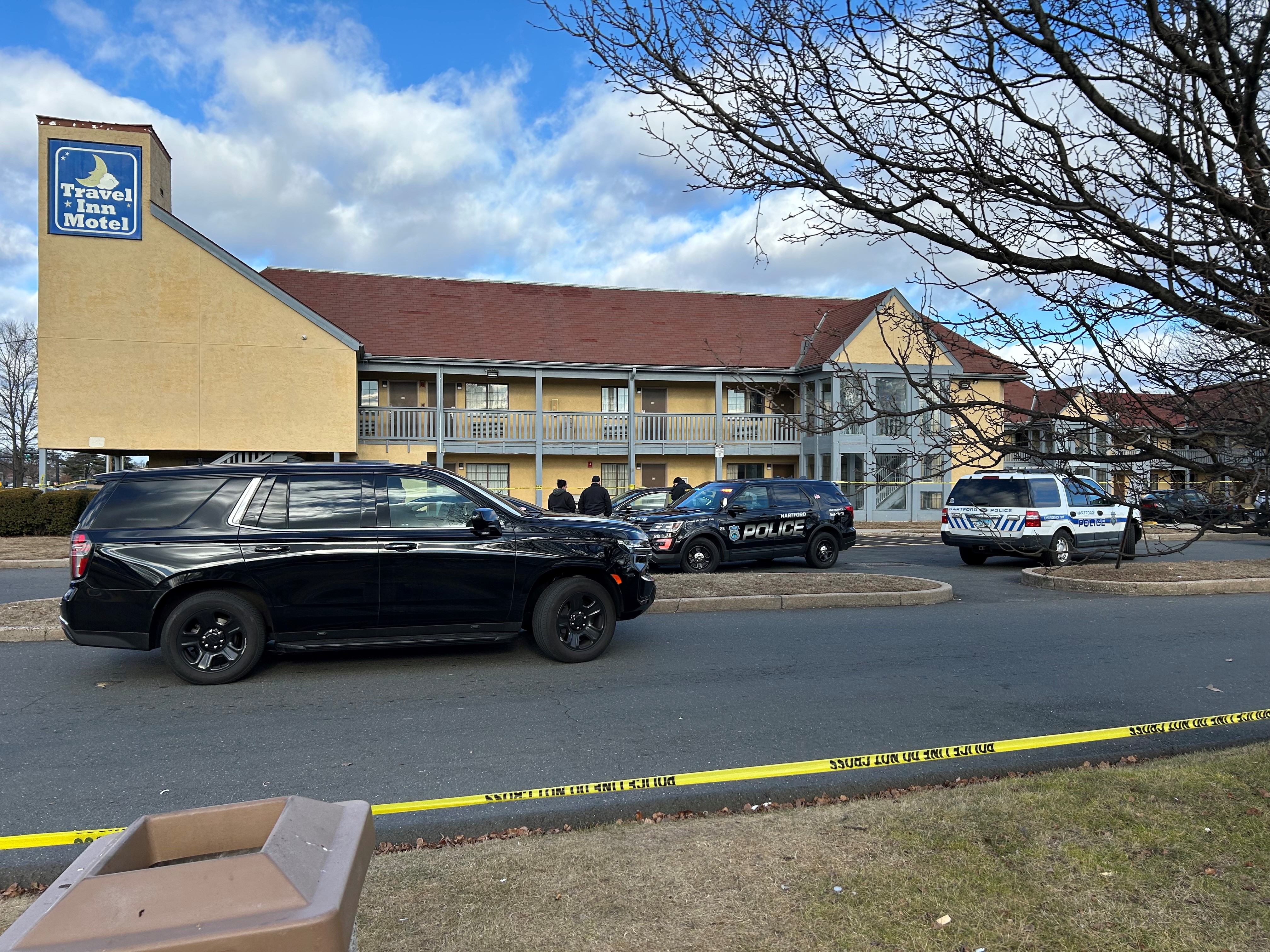With the stroke of the governor’s pen, legal recreational marijuana became reality in Connecticut, giving rise to a whole new industry.
Who stands to profit from the state’s new cash crop?
A NEW FRONTIER
From seed to sale, the entire supply chain will be regulated and licensed. From the growers, or “cultivators,” to product manufacturers, to delivery and retail stores, interested applicants will need to pay fees and meet numerous criteria, some of which – security requirements, for example -- have yet to be specified by the Department of Consumer Protection.
Get top local stories in Connecticut delivered to you every morning. >Sign up for NBC Connecticut's News Headlines newsletter.
Applications won’t even become available until the 15-member Social Equity Council is named and makes it recommendations.
Once that happens, competition begins to see who will build this emerging market.
Local
CONNECTICUT CANNABIS
Growing cannabis isn’t entirely new to Connecticut. After the 2018 federal Farm Bill legalized regulated hemp farming, Connecticut followed suit in 2019.
Among the first to be licensed to grow hemp was farmer Becky Goetsch, of Running Brook Farm in Killingworth.
Since then, she’s been growing, drying and curing hemp to create smokable, drinkable and edible craft cannabis products. It looks the same, it smells the same – it’s still cannabis, but unlike marijuana, it won’t get you high. Hemp is grown to produce cannabidiol, known as CBD.
“The genetics dictate whether or not it's going to produce higher levels of THC or higher levels of CBD and basically that's how the federal government has defined the difference between hemp and marijuana,” Goetsch explained.
Under federal law, hemp can’t contain more than 0.3 percent tetrahydrocannabinol, the psychoactive compound that gets you high. Once it’s past that threshold, the cannabis plant is considered marijuana.
Goetsch can boil it down to laymen’s terms easily, but she understands the science of it better than most – she’s an actual scientist.
“I got a doctorate from the Molecular Cellular Developmental Biology Department at Yale, and moved into the biotech space,” she said. “DNA sequencing was my specialty.”
So why trade the white coat for work boots?
For Goetsch, it was a lifestyle change as much as a career change: She is a recovering alcoholic.
“I am in recovery, and I'm coming up on five years clean this summer, which I'm excited about,” she said. “And CBD has helped me through my journey. I'm no longer on any antidepressants or pharmaceutical therapeutics to help manage some of the mental health issues that were behind my recovery, and my dependence issues.”
Now she’s hoping her personal passion for the plant will translate to a more profitable venture – legal marijuana.
COMMUNITY CONCERNS
Under Connecticut’s new cannabis law, Goetsch plans to apply for a microcultivator license, the category for applicants with less than 10,000 square feet of growing space.
Right now, she has about 7,000 square feet with plans to expand.
“I think the most important thing is to destigmatize marijuana, so it's not just a stoner culture. I'm passionate about plant medicine and the therapeutic benefits of it.”
But not everybody shares that passion. Connecticut’s new law gives cities and towns the ability to limit cannabis establishments in some ways. Voters can petition for binding referendums. Municipalities can restrict zoning, and even charge businesses for public safety services like police coverage or traffic control.
Some towns like Southington have already begun examining policies.
Goetsch said her community has been supportive.
“I think what's really important is to build trust with your community and be willing to educate your community, I'm an open book. People can come and talk to me.”
NO GUARANTEES
There’s no guarantee Goetsch will be granted the license she seeks.
Not everyone who applies for a license will get one, and there’s a finite number up for grabs. The overall number of licenses granted in each city and town will be limited by population: One license of each type per each 25,000 living there, as determined by the census.
Half of all available licenses will be reserved for social equity applicants. The exact criteria for those candidates hasn’t been determined yet, a task for the 15-member Social Equity Council being assembled right now. Applicants like Goetsh will be put into a lottery after paying application fees.
“The equity piece was really important to take care of,” she said. “There’s no reason any of us should be profiting from the marijuana industry while people are still incarcerated.”
She’s also hoping women-owned businesses and working farmers can be given some form of priority even if they don’t meet the social equity applicant criteria.
“I'm sure there'll be multiple iterations of legislation, and when that happens, my goal is to try to sort of have a voice for some maybe people that weren't really considered in the first push to legalize.”



